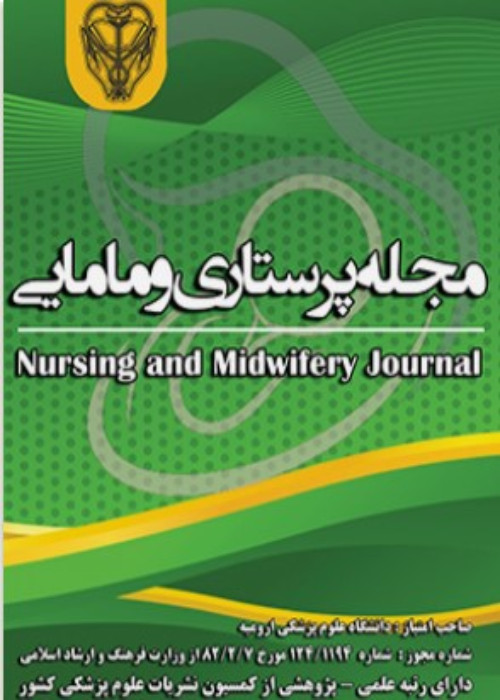Predictors of maternal-infant attachment: A cross-sectional study
Attachment is one of the basic human needs or emotional bonds between the growing baby and mother, which is a two-way interactive relationship that is influenced by many factors and many of these factors determine the unknown attachment. Since limited studies have been conducted on maternal-infant attachment behaviors and it seems that the attachment behaviors are different in various cultures, the present study was conducted to determine the predictors of maternal-infant attachment.
The present study was a cross-sectional study that was performed on 300 primiparous women at 8 weeks postpartum who were referred to comprehensive health centers in Zabol from June to October 2019. Inclusion criteriaincluded: being Iranian, women 18 years and older, no baby with abnormalities, ability to read and write, being term at childbirth, no physical (diabetes, hypertension, etc.) and mental illness. Sampling was done as a quota from comprehensive health centers. Data collection tools included the Individual Characteristics Questionnaire (two sections of demographic information and obstetrics), Beck Disappointment Scale (BHS), and Mother-infant Attachment Scale (MAS). Data analysis was performed using descriptive and analytical statistics such as ANOVA test, t-test, and Pearson in SPSS software version 23 and the significance level was p < 0.05.
The results of the present study showed that there was a statistically significant relationship between maternal age and attachment (r = - 0.126, p₌0.03) while there was no statistically significant relationship between other demographic variables and attachment. There was also a statistically negative correlation between disappointment and attachment (p = 0.001, r = - 0.29), so that by decreasing the frustration score, the score of mother-to-baby attachment increases.
According to the results of the study, among the studied variables, only maternal age and hopelessness were significantly associated with attachment. There was an inverse relationship between hopelessness and age with maternal attachment to the infant after delivery. Maternal mental health is an important factor in the development of attachment style between mother and baby, and disappointment can lead to depression, and postpartum depression can also reduce maternal and infant attachment, so addressing maternal mental health is especially important in the postpartum period.
- حق عضویت دریافتی صرف حمایت از نشریات عضو و نگهداری، تکمیل و توسعه مگیران میشود.
- پرداخت حق اشتراک و دانلود مقالات اجازه بازنشر آن در سایر رسانههای چاپی و دیجیتال را به کاربر نمیدهد.


